Ken Lemon
Country singer Ken Lemon never gave up his day job. The one time an employer refused to give him time off to go out on tour as part of a Joe Brown package or with his Viking Records labelmate Maria Dallas, he simply quit and found a new job.
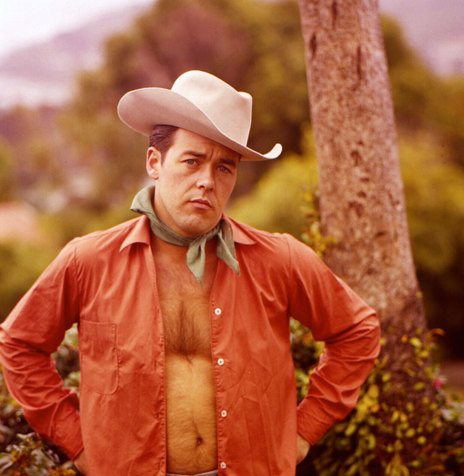
Ken Lemon in a relaxed mode. This image, and others like it were taken for a photo shoot for Viking in the 1960s. The photographer is unknown.
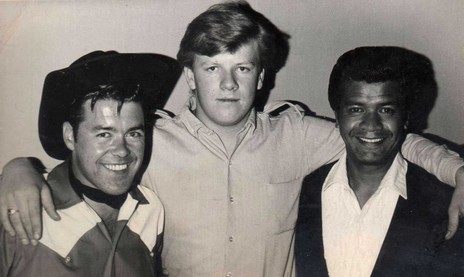
Ken Lemon (left), Jim Pilcher and singer-songwriter Jay Epae during the Maria Dallas Country Show tour in 1967. Pilcher and Bruce Warwick did advance publicity for the tour, driving from Blenheim to Invercargill and the West Coast in an Austin A30 station wagon, putting up posters. Pilcher then joined the tour as a driver and roadie.
Photo credit:
Jim Pilcher collection
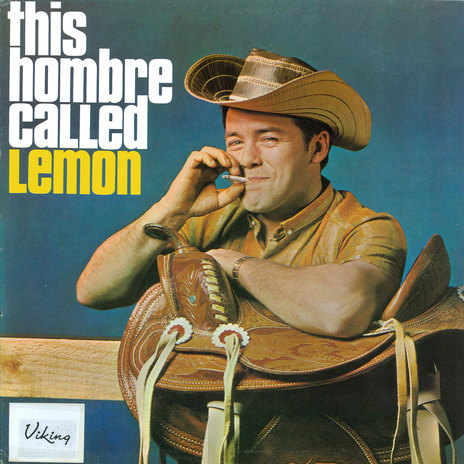
Ken Lemon's debut album, This Hombre Called Lemon, released in 1965 on Viking and produced by the label's then co-owner Ron Dalton.
Ken Lemon performing as duo Ken and Kay on The Country Touch, 1969.
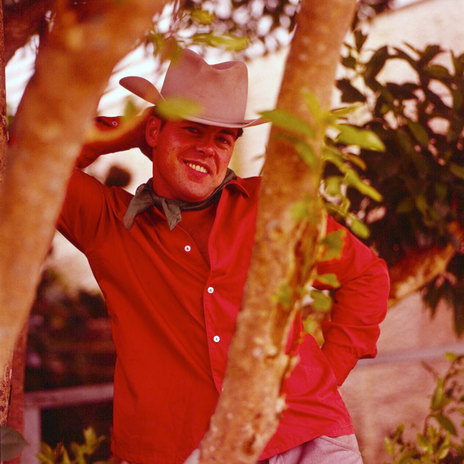
A relaxed image of Ken Lemon taken around 1966 for Viking by an unknown photographer
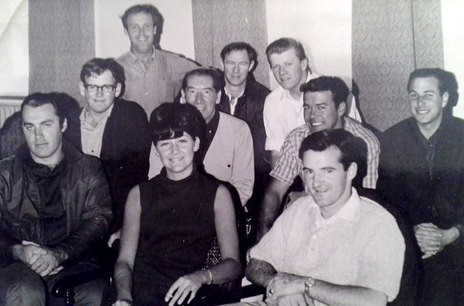
Maria Dallas tour entourage, Christchurch, early 1967, with Tony and The Initials and Ken Lemon. From left, back row: Tony Eagleton, Don McMillan, Jim Pilcher; middle row: Terry Collier, John Naylor, Ken Lemon, Bruce Warwick; front: Leo Clarke, Maria Dallas, Max McCauley. Credit: Jim Pilcher collection
Photo credit:
Jim Pilcher collection
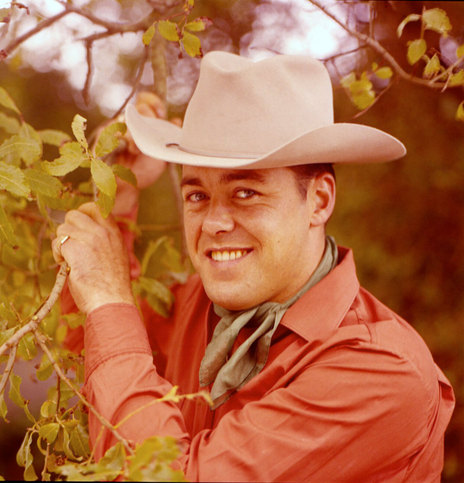
A 1960s publicity shoot outtake. This photo shoot provided the cover of the Best Of Ken Lemon.
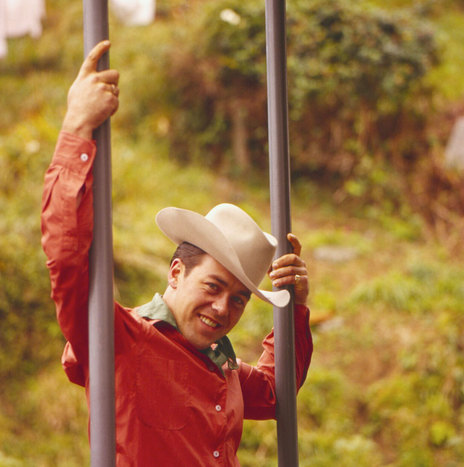
An unused publicity shot from the Viking Records archives
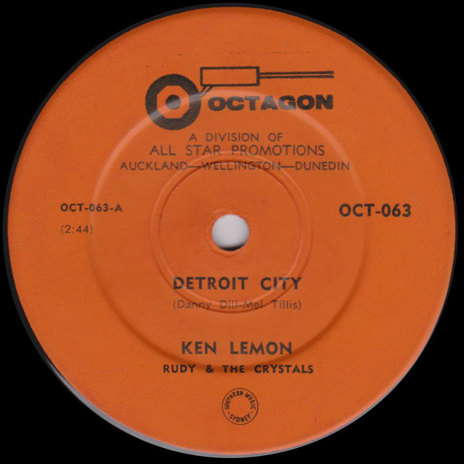
Ken Lemon's debut single Detroit City b/w Moody River, issued by John Ewan's Octagon label in October 1963
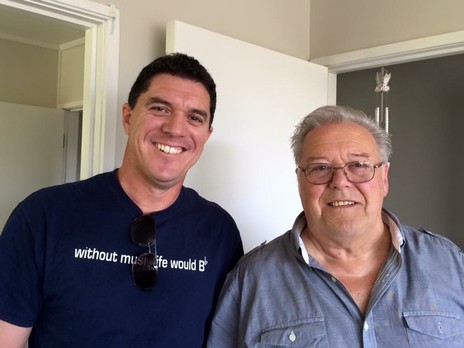
Glen Moffatt with Ken Lemon in 2015, during the interview for this profile.
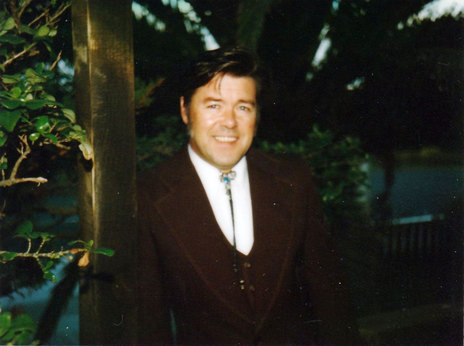
Ken Lemon in the 1970s
Photo credit:
Ken Lemon collection
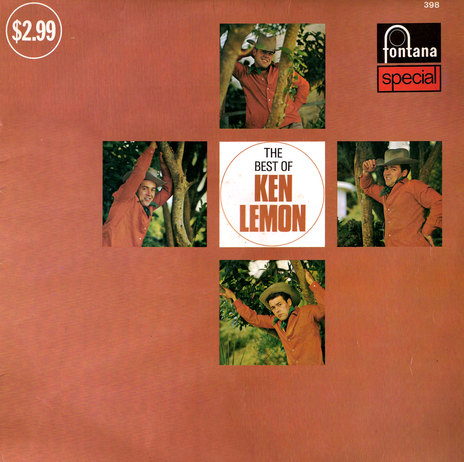
The Best Of Ken Lemon, a 1972 collection licensed by Viking to PolyGram to release via their budget Fontana Special line.
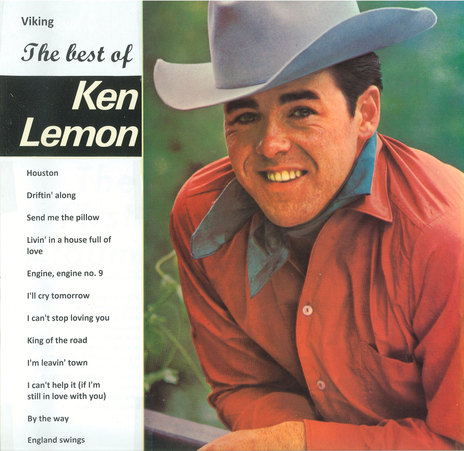
The Best Of Ken Lemon was released by Viking in 1968
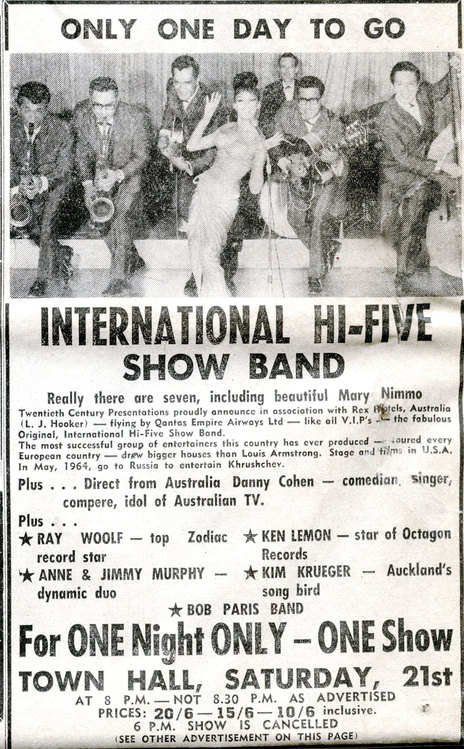
Star of Octagon Records Ken Lemon, one of the guests on the Māori Hi-Five Auckland Town Hall show, December 1963
Photo credit:
Larry Killip collection
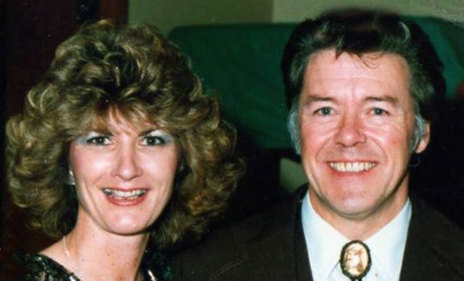
Ken Lemon and Yvonne Dixon, the future Mrs Dennis Marsh, in the mid-1980s
Photo credit:
Yvonne Marsh collection
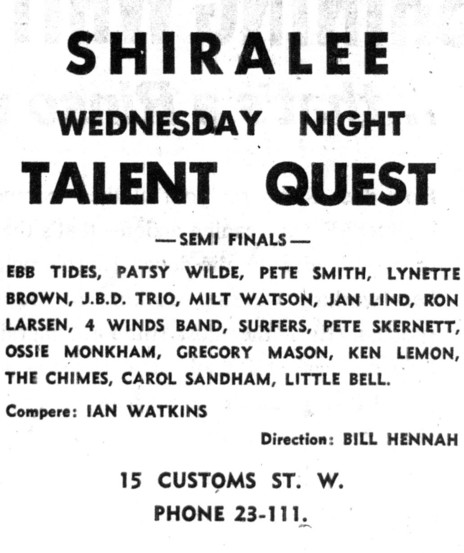
Talent Quest semi finals ad featuring Ken Lemon. Auckland Star, Tuesday 7 August 1962.
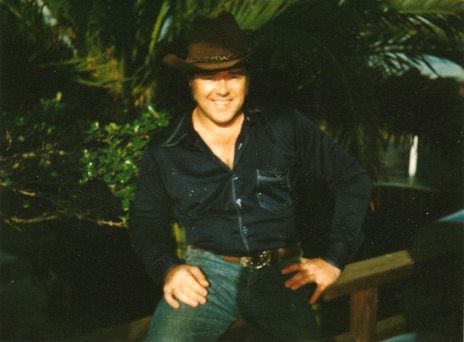
Ken Lemon in the 1970s
Photo credit:
Ken Lemon collection
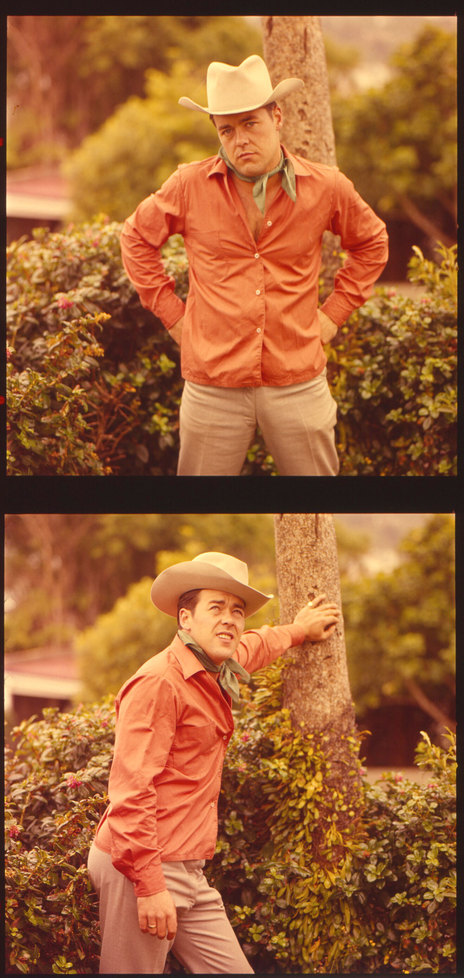
1960s photo shoot outtakes
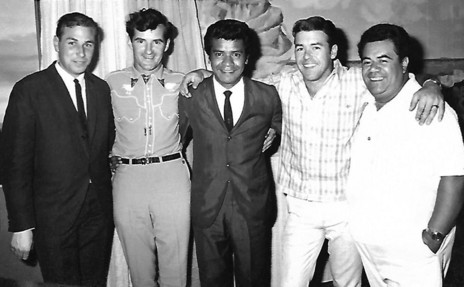
On the Maria Dallas tour, 1967, from left: Bruce Warwick, Max McCauley, Jay Epae, Ken Lemon, George Tumahai
Photo credit:
Max McCauley collection
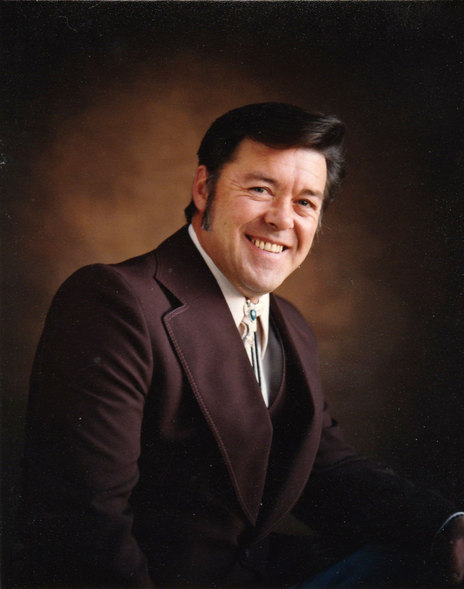
Ken Lemon in the 1970s
Photo credit:
Ken Lemon collection
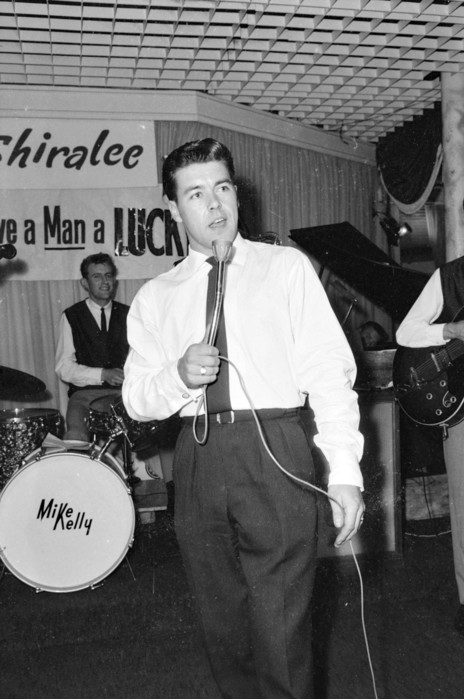
Ken Lemon at the Shiralee, Auckland in 1962, where he won his talent quest heat and was offered a gig as resident singer on Friday and Saturday nights and twice on Sundays.
Photo credit:
Auckland Libraries 1269-E0745-25
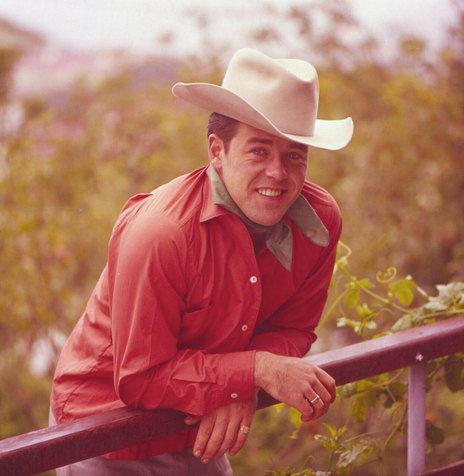
Ken Lemon in the 1960s
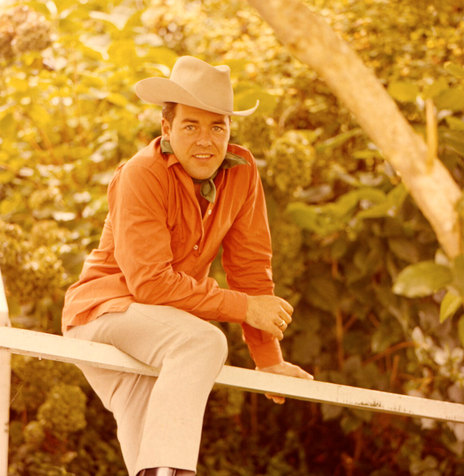
Ken Lemon in the 1960s
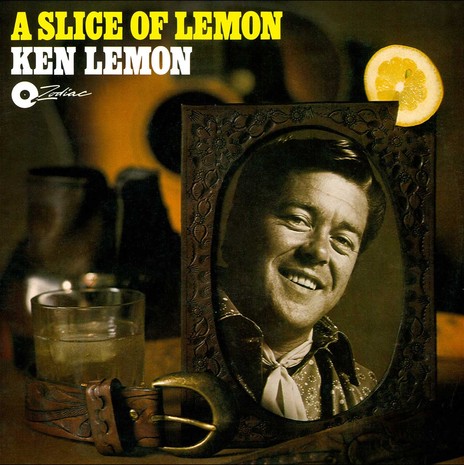
Ken Lemon's Slice Of Lemon, his final album, from 1972, produced by Barry Clewett, it was mixed by Larry Elliot and then remixed by Eldred and Vaughan Stebbing
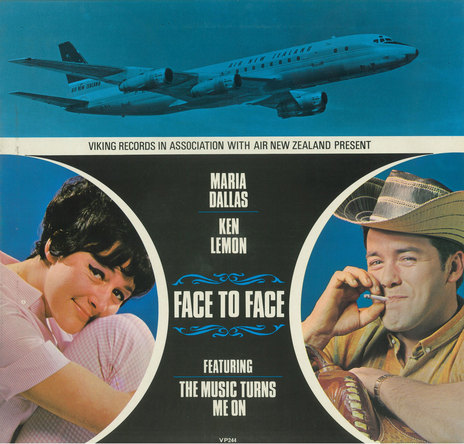
The 1967 Maria Dallas and Ken Lemon "duet" album with very blatant product placement from Air New Zealand, who flew Maria free of charge to Nashville. The pair did not sing together on the album despite the title.
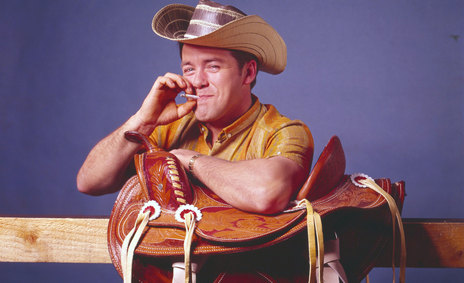
The original of the image used on Ken Lemon's debut album in 1965
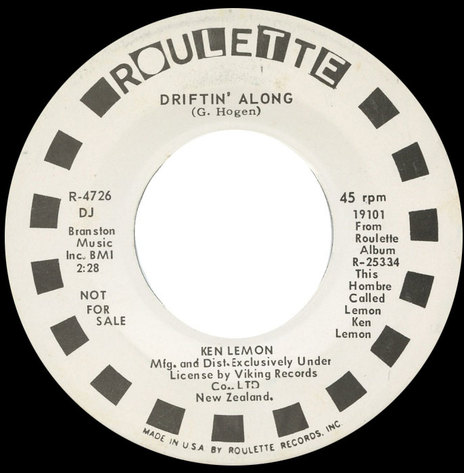
Ken Lemon's Four Kinds Of Lonely b/w Driftin' Along, released by Viking in New Zealand in 1965, was issued by Morris Levy's Roulette label in 1967 in the US. Roulette also released the album This Hombre Called Lemon.
Trivia:
The Chicks provided vocal backing on Ken Lemon’s debut LP, This Hombre Called Lemon.
Ken Lemon appeared on Maria Dallas’s 1967 live album The Maria Dallas Country Show alongside Max McCauley, Leo Clarke, Tony And The Initials, George Tumahai and the writer of Dallas’s biggest hit, ‘Tumblin’ Down’, Jay Epae.